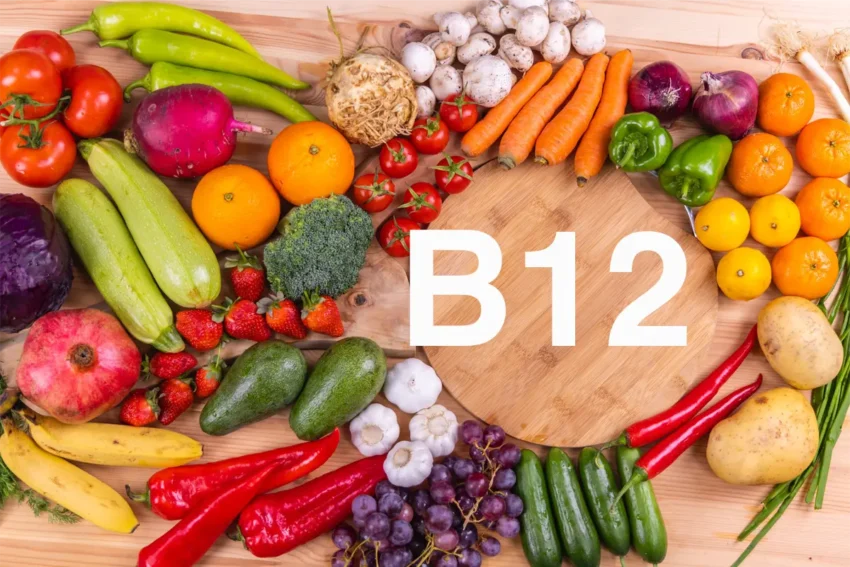Vitamin B12, also known as cobalamin, is a water-soluble vitamin that plays a vital role in human health. Vitamin B12 is involved in several important bodily processes, including the production of red blood cells, the maintenance of nerve cells, and the synthesis of DNA.
Vitamin B12 is found almost exclusively in animal-based foods, including meats, poultry, fish, dairy products, and eggs. Some of the best dietary sources of vitamin B12 include salmon, beef liver, and chicken breast, as well as dairy products such as milk and yogurt.
A deficiency of vitamin B12 can lead to a range of health problems, including anemia, nerve damage, and cognitive decline. Additionally, a lack of cobalamin can impair the body’s ability to absorb other B vitamins, which can further exacerbate deficiencies and lead to additional health problems.
Vitamin B12 supplements are commonly used to treat cobalamin deficiency and other health conditions, such as pernicious anemia and neuropathy. Additionally, vitamin B12 supplements may also be used to improve athletic performance and boost energy levels.
While vitamin B12 is generally considered safe and well-tolerated, excessive amounts can cause adverse effects, such as skin rashes and digestive problems. Additionally, high doses of cobalamin supplements can interact with certain medications, such as acid-reducing drugs and metformin, so it is important to talk to your doctor before starting a vitamin B12 supplement.
In conclusion, vitamin B12 is an essential nutrient that plays a critical role in maintaining good health. By including a variety of vitamin B12-rich foods in your diet and by talking to your doctor about taking a supplement if necessary, you can help ensure that you get enough of this essential nutrient to stay healthy and well.

